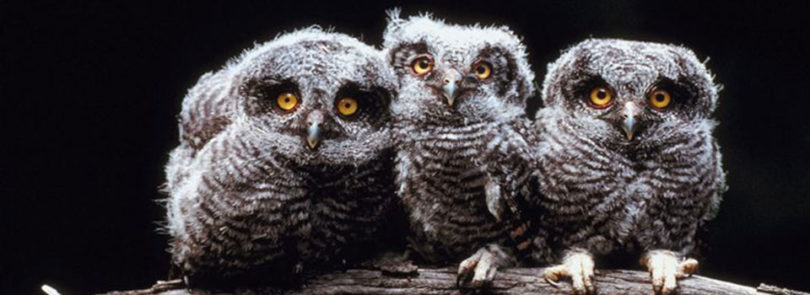New research that crosses several species boundaries shows that when animals must choose less-than-preferred mates, females and males apparently have ways to compensate that increase the chance their offspring will survive. The study, recently published in the Proceedings of the National Academy of Sciences, adds weight to the Compensation Hypothesis, a proposal that has given insight into how individuals can pass on their genes even under less than ideal circumstances.
“It’s always better for offspring if parents can mate with preferred partners, but it’s becoming clear that when parents can’t have that preferred partner, they have ways of making up for it,” said Patricia Adair Gowaty, a Distinguished Research Professor Emerita and lead author of the study. “When female ‘choosers’ were in enforced pairs with males they did not prefer, they laid more eggs. Similarly, when males are paired with females they do not prefer, they ejaculate more sperm. This compensation seems to be a way of making the best of a bad job.”
Co-authors of the paper were Wyatt Anderson, Alumni Foundation Distinguished Professor of Genetics, and Yong-Kyu Kim, an assistant research scientist in Anderson’s lab, both at UGA; Cynthia K. Bluhm of the Delta Waterfowl and Wetlands Research Station in Canada; Lee C. Drickamer of Northern Arizona University; and Allen J. Moore of Centre for Ecology and Conservation at the University of Exeter in the United Kingdom.
One of the new study’s strongest arguments for the Compensation Hypothesis is that it includes experimental results in Tanzanian cockroaches, fruit flies, pipefish, wild mallards and feral house mice. When each species faced experimental constraints on free expression of their mate preferences, individuals found ways around the predicament that could improve the chances that offspring could survive and perhaps even flourish.
While the strategies for dealing with nonpreferred mates can help offspring, advantages for the mating pairs themselves are less clear. In experimental situations, for example, females mated to non-preferred males didn’t live as long as females mated to their preferred choice.
One interesting aspect of the study is its implication that all individuals in a species have a flexible response to such problems as constraints on expression of their mating preferences. If that’s true, it hints that compensation may evolve-which could add an unexpected wrinkle to the story of natural selection.
“How compensation evolves is crucial,” Anderson said.
The issues at stake are, in fact, even broader.
“The study also has implications for conservation because it suggests that the best way to keep species alive may be, if possible, to let individuals choose their own mates,” said Gowaty.
The Compensation Hypothesis is Gowaty’s work and was first published only four years ago, though she has been working on it for more than a decade.
Just how-and if-the hypothesis works in humans remains unknown, since studying the subject remains practically (and ethically) improbable. Still, the idea remains a deep part of popular culture.






